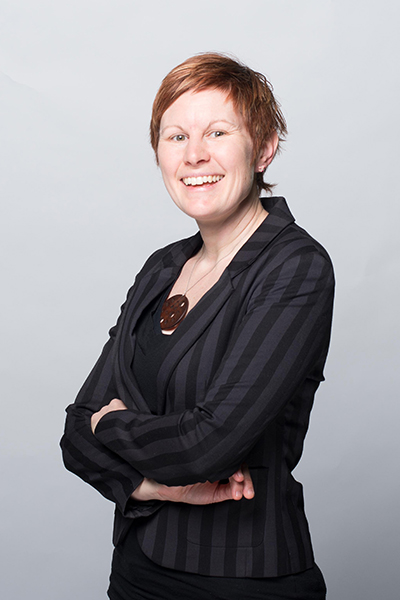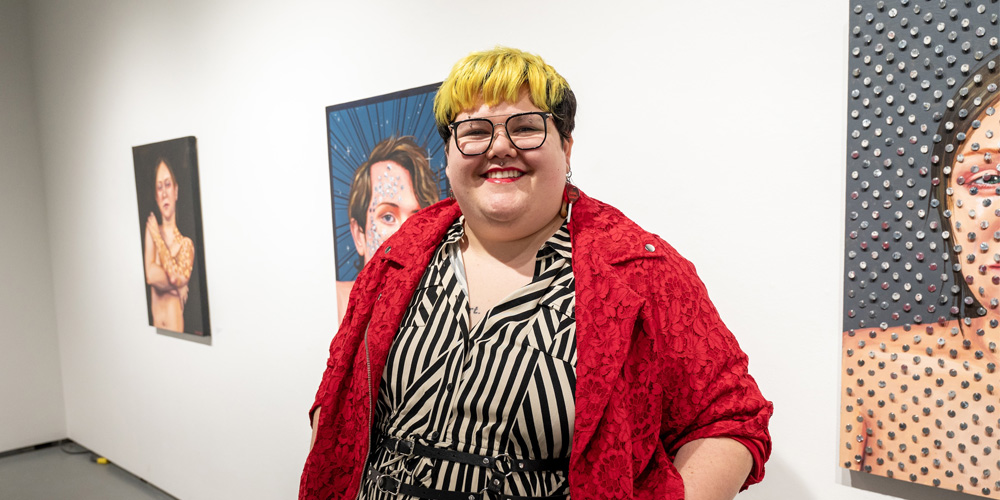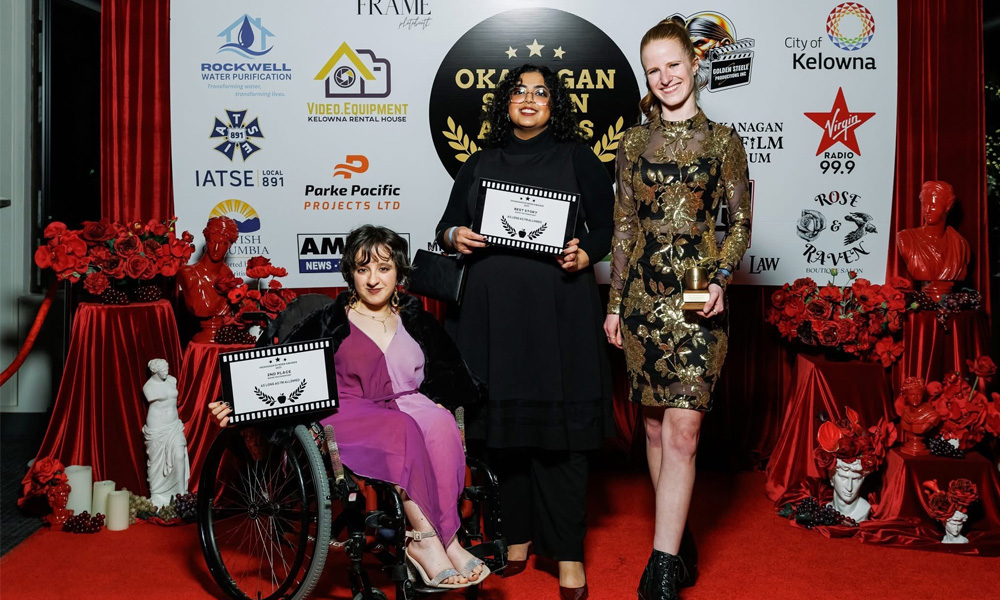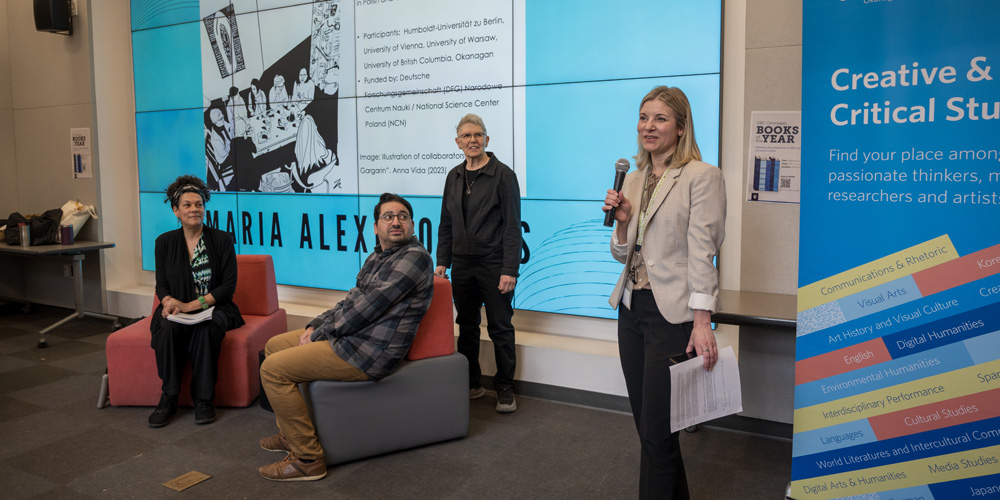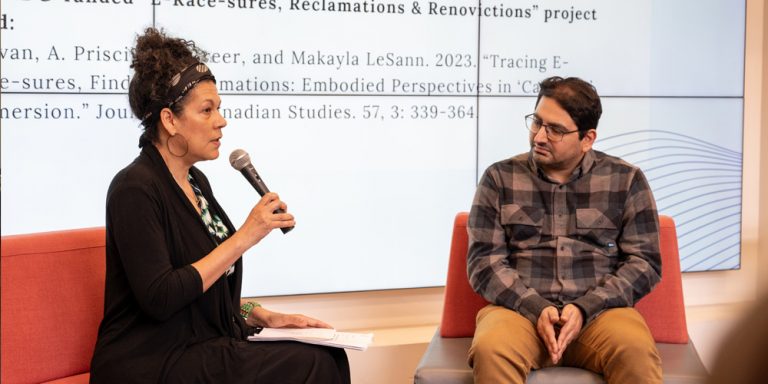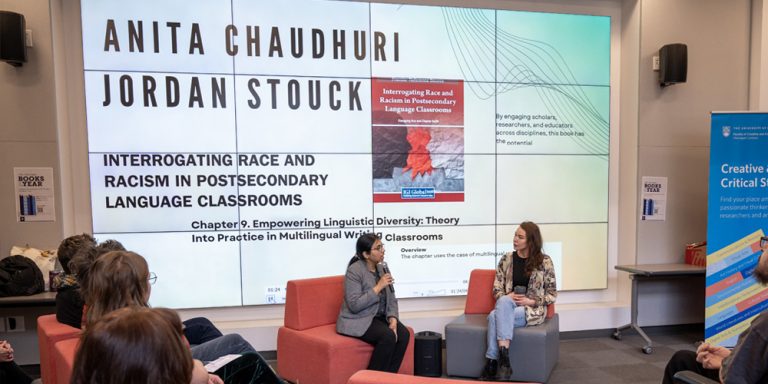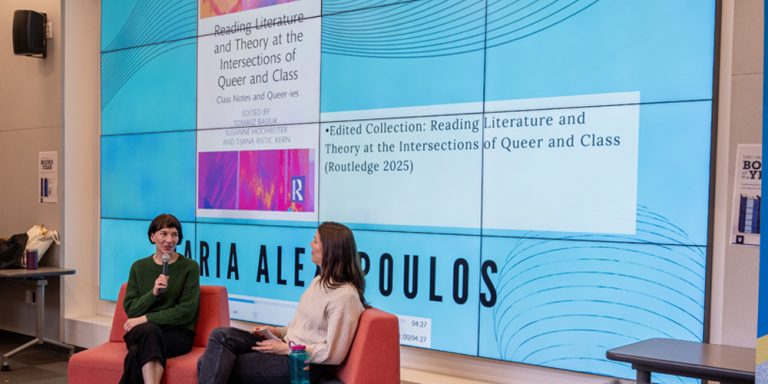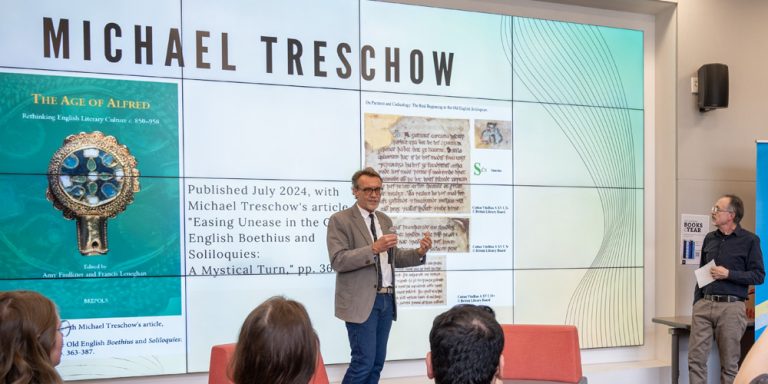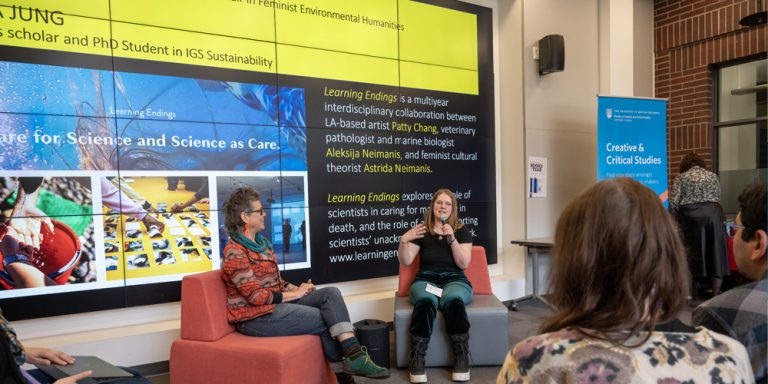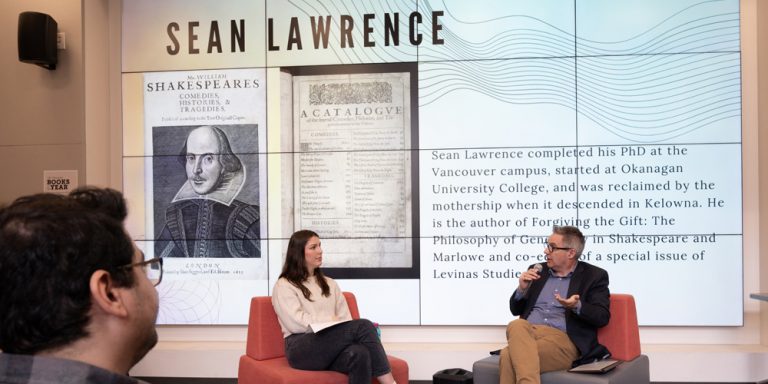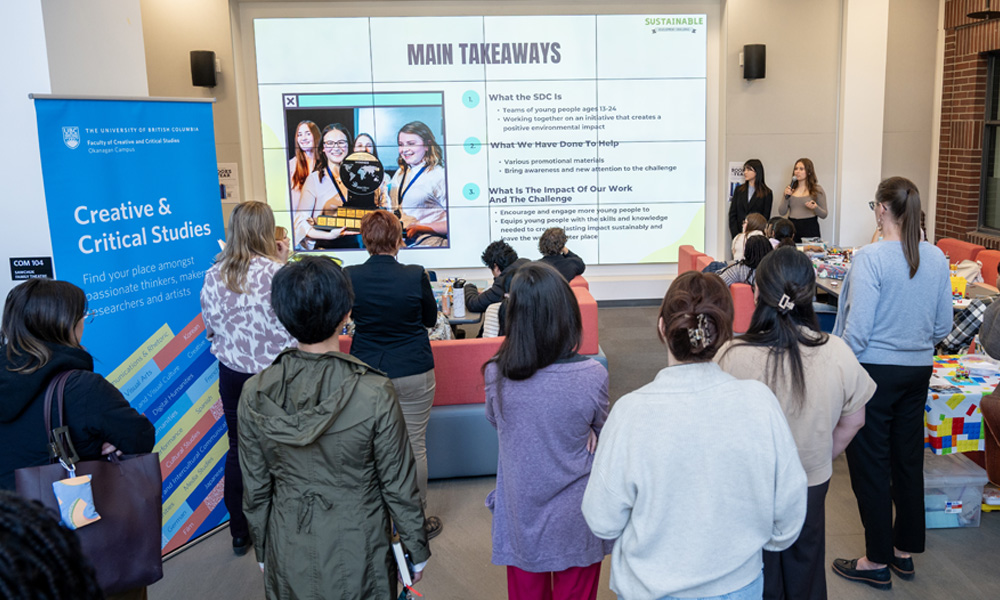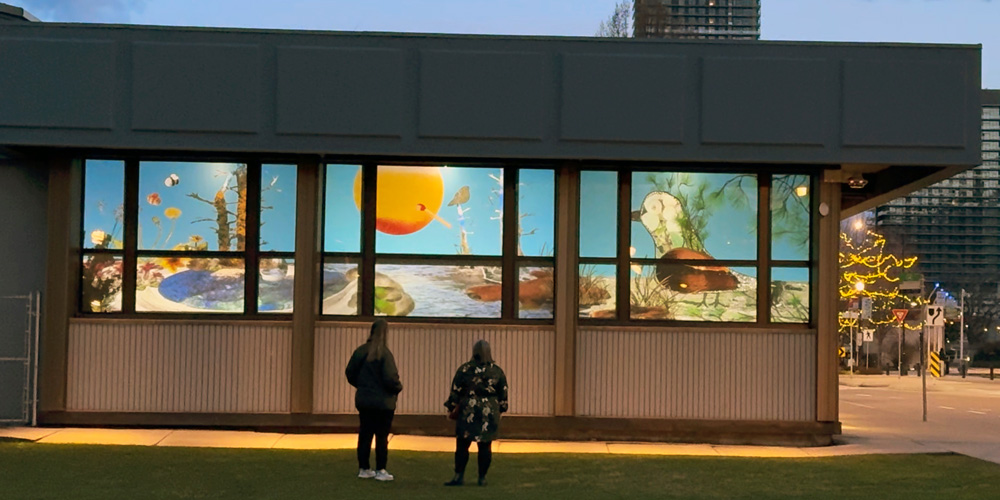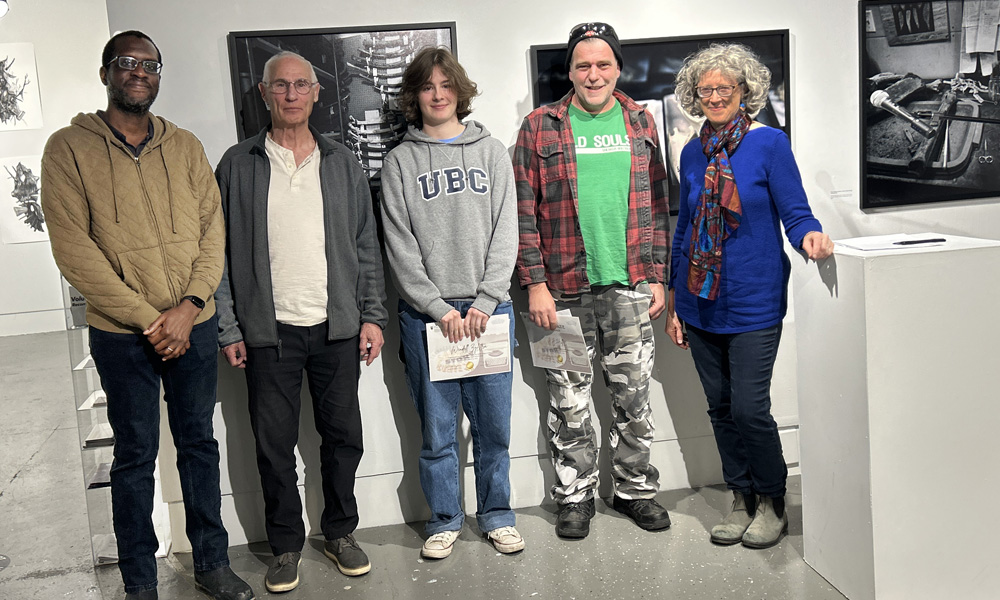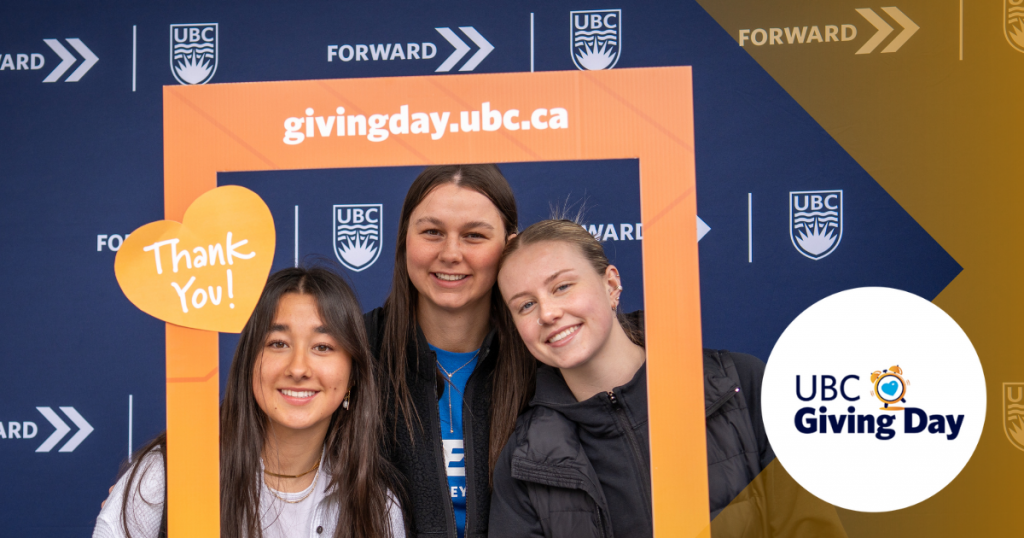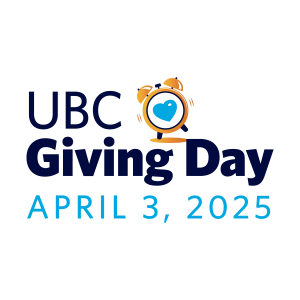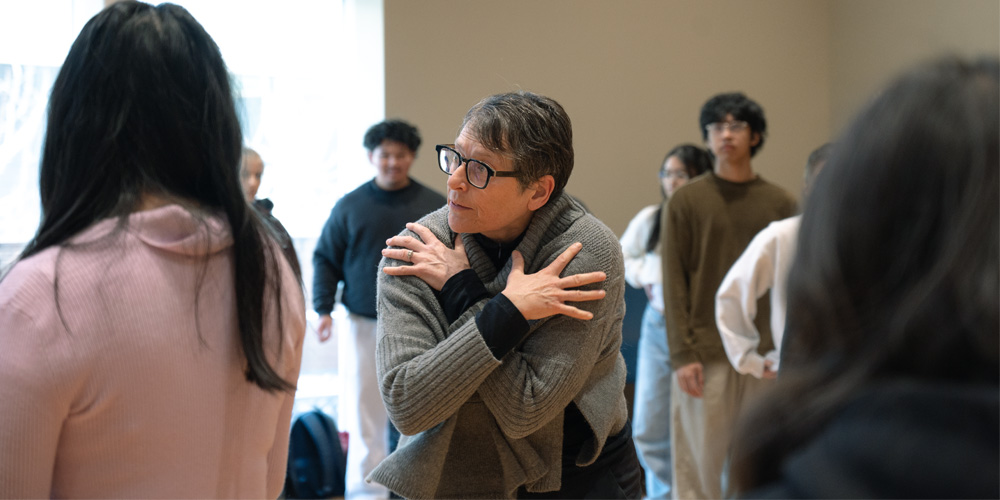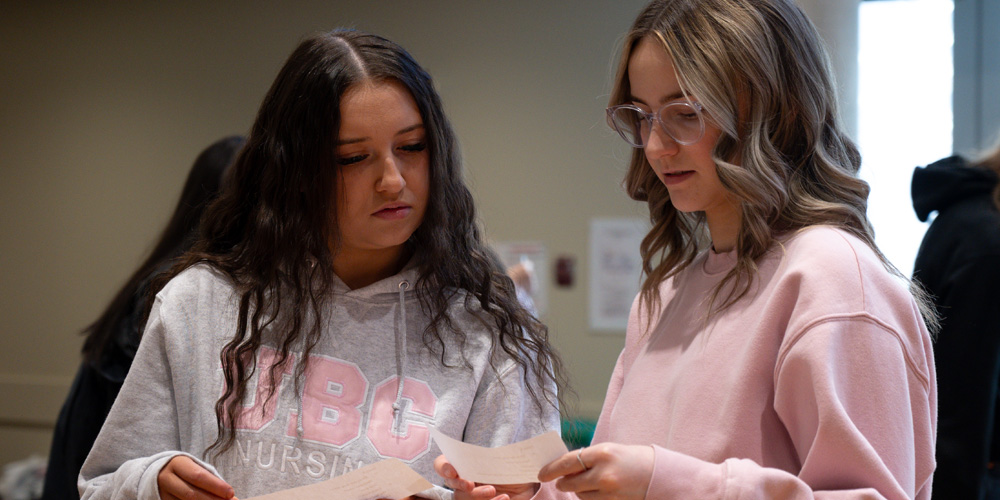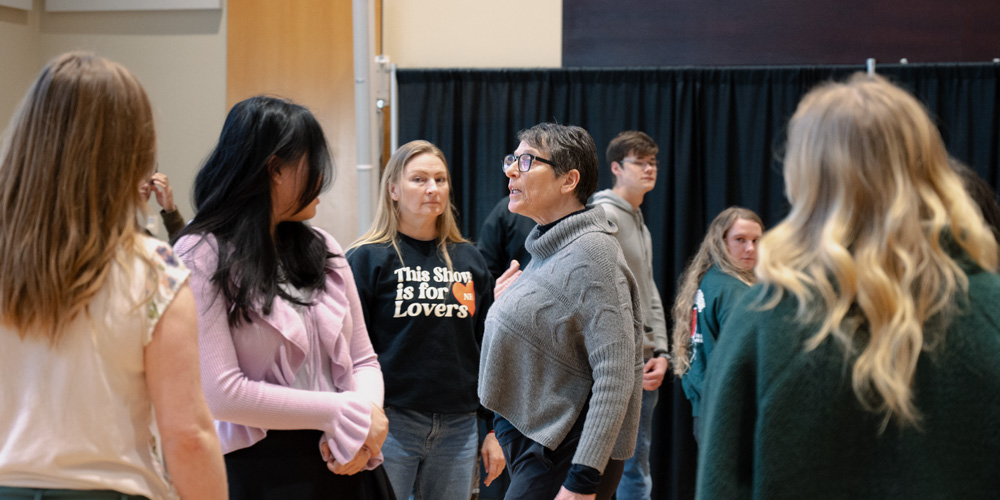Mikah Assaly has always been a creative person, and she says that the media studies program was really appealing to her in that there were many of different avenues of creativity you could explore.
She completed the Bachelor of Media Studies (BMS) program in the spring of 2025. She chose the BMS program for the many avenues of creativity a student can explore, noting that the classes are so diverse, a student has so many opportunities to learn a variety of media.
Two of her favorite classes have been second-year Visual Arts courses, a communications branding design course taught by Myron Campbell, and a darkroom film photography class with Andreas Rutkauskas.
“It was exciting to see the level of passion in the course. We dove into graphic design work for the first time in the program. It was really neat to get hands-on film development experience in the darkroom and explore a more technical side of photography, especially since it’s something I’ve been working with for quite a few years now.”
In the second semester of her third year, Assaly participated in a semester abroad through the Go Global program, studying at the University of Canterbury in Christchurch, on the South Island of New Zealand.
“Go Global is something I could talk about endlessly because it was such an amazing experience. I can’t encourage people enough to seek out those opportunities. The media studies degree is perfect for a semester abroad because of the many electives, which give you the freedom to explore unique courses without falling behind.”
To someone entering the Media Studies program, a piece of advice Assaly gives is to really use the classroom as a learning opportunity, be open to feedback, criticism, and ideas contributed during critiques.
“It’s a really special time, and you’re not going to get that kind of feedback for the rest of your life, especially when you’re working independently as a freelancer. So, soak it all up and take it seriously.”
Assaly says that she has been really fortunate throughout her degree to have a lot of opportunities to explore different career paths and work, having a few job opportunities that were referred to her through her professors, and consequently, has been doing freelance photography and design work in the last year of her studies.
She was selected to create a branding package and some marketing pieces for SpokenWeb, which is a constellation of universities across Canada putting together a poetry and spoken word conference at UBC in May.
“I really enjoyed being able to work on this project, and see the things I created being produced in real life like the t-shirts, beach towels, stickers and digital design assets,” she says.
Assaly is also working on a project with local interior design firm Be Grand Fast, which is a collaboration between them, the City of Kelowna, and Westbank First Nation, redesigning eight community rooms in Kelowna City Hall.
“My job was to digitize some work that was on display at the Vernon Art Gallery, which served as inspiration for the space they’re trying to create. I did some photography as well as digital asset generation—creating tangible design pieces pulling from those works to incorporate into the design of the space.” She adds that this is an ongoing project that she will continue to work on it after graduation. “It’s been really cool to get feedback from people in the design and photography industries in Kelowna, who are impressed by my work and portfolio. That kind of response has been really validating.”
Assaly goes on to say that the professional opportunities she had in her fourth year have helped her to see how employable a Media Studies degree really is.
“In the first couple of years, the program felt really innovative and out there, and I often wondered how all the different pieces would come together to create a career. But in my fourth year, with all these experiences and my semester abroad, I’ve gained a global perspective on what I’ve learned. It’s been incredibly rewarding.”
